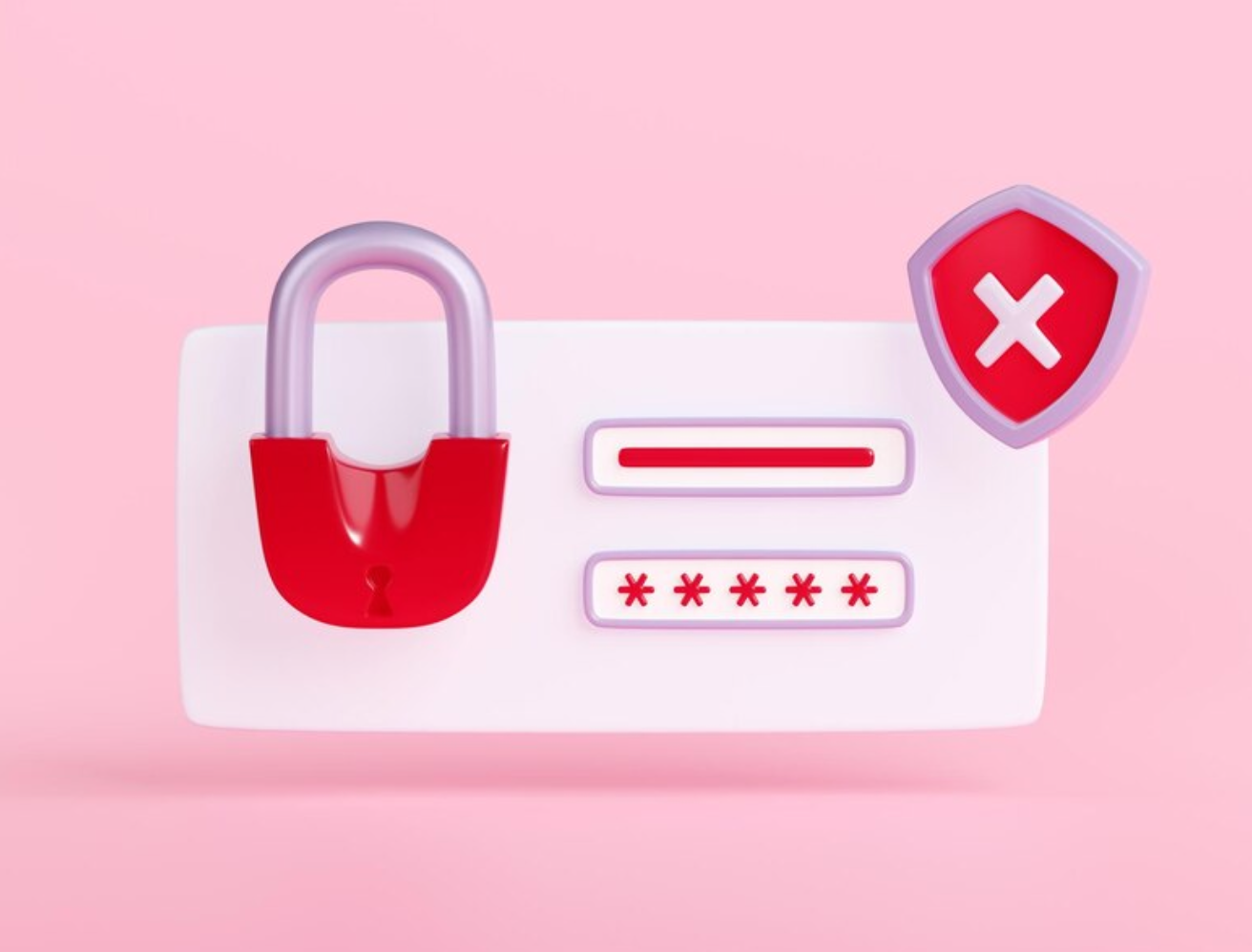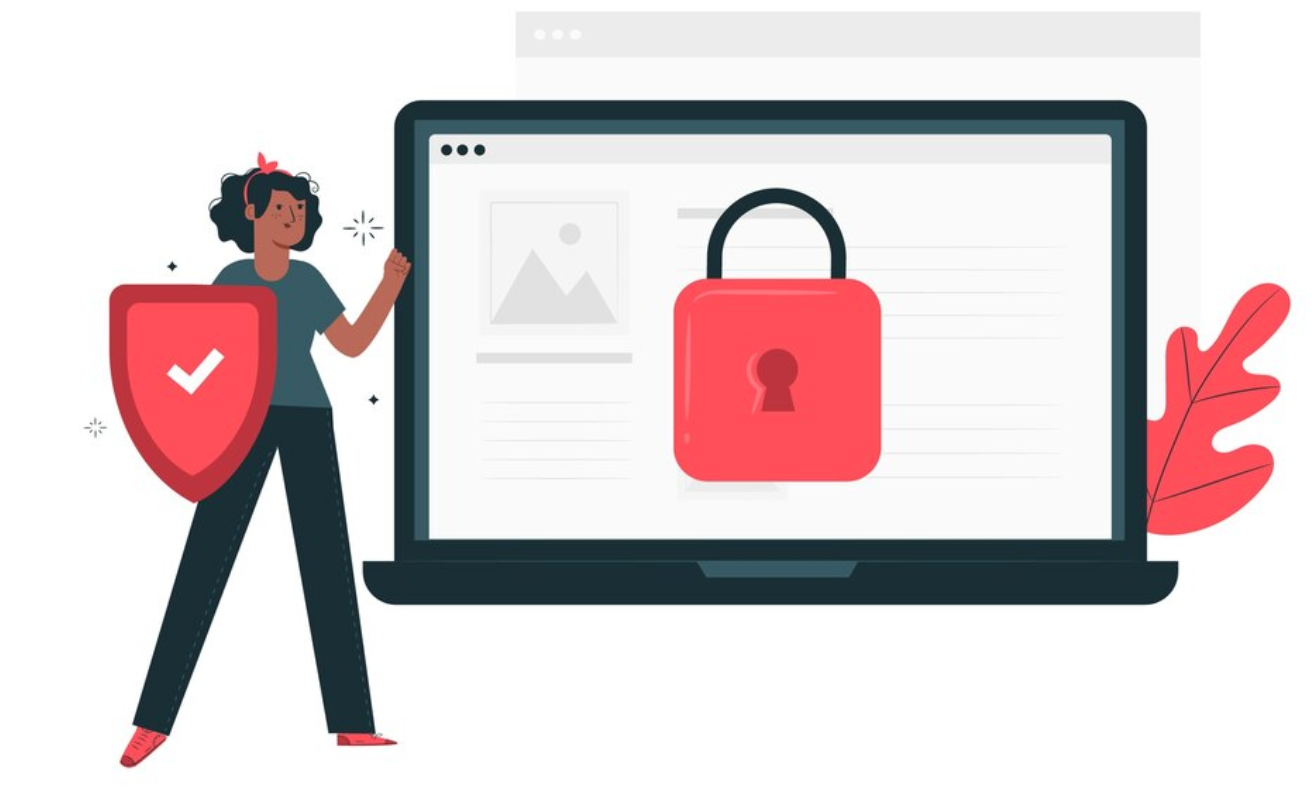So go ahead and give one of these tools a try! You never know just how much good it could do for your productivity until you’ve tried it for yourself!
With the recent surge in internet use, staying productive has understandably become an uphill battle for many people. One way to combat this is by employing website blocking as a means to enhance personal productivity. This practice restricts access to certain online content that may hinder focus and productivity.
What is Website Blocking?
Website blocking is a preemptive method that limits access to the internet, specifically certain sites, in order to increase focus and productivity. This strategy encompasses an array of tools and methods, each tailored to different needs and preferences:
Browser extensions: These easy-to-use tools offer customization options so users can dictate which websites they want blocked and when. They provide a flexible solution for managing online distractions. They can block websites on Chrome, Firefox, Edge and other browsers that support these add-ons.
Applications: Installed on computers or mobile devices, these apps are more robust than browser extensions and often come with advanced features like scheduling blocks and tracking time spent on productive activities.
Routers: Home networks can be configured via routers to block specific sites across all interconnected devices. This approach ensures limited internet usage throughout an entire household.
Temporary vs Permanent Blocks
The choice between temporary or permanent blocks is dependent on the user’s objective:
- Temporary blocks are used when short-term intense focus is required. Users can specify times or durations for the block to be active, limiting exposure only when it’s absolutely necessary.
- Permanent blocks eliminate distractions or harmful websites from one’s online environment indefinitely. It’s a foolproof way of ensuring their absence at all times.
This versatility provides individuals with ample room to tailor their internet usage according to their goals related to productivity or general well-being.
The Benefits of Website Blocking
Blocking websites offers a straightforward yet mighty solution for cutting out online distractions and boosting productivity. By strategically limiting access to time-consuming sites, you’ll be able to improve your focus abilities, manage time better, and develop healthier relationships with your digital activities.
Here are some key benefits associated with blocking sites:
1. Increased Focus and Concentration
Blocking access to potentially distracting sites significantly decreases the chances of losing focus. Studies have proven that fewer distractions lead to better concentration. When there’s no temptation to visit websites known for disrupting attention, individuals can channel their energy into tasks more effectively.
2. Improved Time Management
Site blocking makes allocating time easier. If individuals lack the option to waste time on unproductive sites, they’re more likely to stick to structured time management strategies like the Pomodoro technique. This method involves working in short bursts followed by brief breaks.
3. Enhanced Mental Health
Reducing exposure to social media platforms and similar sites can lower stress and anxiety levels considerably. Scientific studies from the Child and Adolescent Psychiatric Clinics of North America revealed that limiting digital intake also improves quality of sleep since the mind isn’t overstimulated by an endless flow of information and screen light before bed.
4. Boosting Productivity
Website blocking is a godsend for both professionals and students alike. By focusing solely on work or study without any interruptions, productivity skyrockets — this has been proven through numerous success stories and case studies.
5. Encouraging Self-discipline and Better Habits
Practicing the blocking of websites will promote self-control. When people work without distractions they form productive habits. These habits extend beyond work hours and into their lifestyle.
The Best Blocking Practices
Restricting access to websites is one of the best ways to stay focused when using the internet. It helps users control their urges, so they can reduce distractions. However, using this tool effectively requires certain practices, which we have outlined below:
1. Identify the Distractions
In order to block what you don’t want, you must first know what is distracting you in the first place. Monitor your usage and identify websites or content that pull you away from your essential tasks.
2. Customize Blocking Schedules
Use apps or browser extensions that allow temporary blocks during specific hours of the day. This way you can still allocate time for breaks and leisure browsing at appropriate times.
3. Permanent Blocks for Major Distractions
Some websites are just too tempting and don’t provide any value in achieving your goals – block them permanently!
4. Set Clear Objectives
It’s important to know why you’re doing this exercise in the first place. Define what it is that you want to achieve with all the extra time saved from reducing online distractions.
5. Regularly Review and Adjust
Priorities change over time so should your blocked sites list and schedules! Reassessing these aspects on a regular basis will help keep everything aligned for maximum productivity.

Overcoming Potential Drawbacks
There are some drawbacks that come with website blocking but nothing detrimental enough to discard its use altogether. We have listed some common challenges faced by users along with tips on how to overcome them:
Resistance to Change
People tend to not like changing their internet habits especially if it means restricting access to beloved sites such as Facebook or Instagram. But focusing on what lies ahead rather than on what was behind will ease this resistance significantly.
Withdrawal Symptoms
Just like with any habit change, cutting down on your favorite sites will cause some sort of withdrawal. The best way to deal with this feeling is by replacing the time spent on these websites with real-life activities. Engaging in hobbies, exercise, or spending time with loved ones can help fill that void.
Finding Balance
It’s important to mention that over-blocking may result in cutting access to important information. This is why reviewing and adjusting your blocking settings from time to time is ideal. A balance must be struck so you can stay focused when you need it without compromising your internet use requirements.
Using Website Blocking Tools
Website blocking tools have a wide variety of different features that are designed to be able to cater to diverse needs and the preferences of its users. Now while these tools all have different specific functions and mechanisms, some of their key features stick out more than others in terms of helping you enhance your productivity and cutting down on distractions. So here’s a brief overview of those top features:
Customizable Block Lists
This feature allows users to tailor their very own block list so they can specify exactly which websites or content types hinder their performance. Once set, this will make it so that only non-essential sites are restricted, meaning necessary resources won’t be cut off.
Scheduling Flexibility
Tools that offer scheduling options allow users to set blocks during specific hours or periods. More simply put, these blocks reflect a user’s work or study schedule. This flexibility ensures the internet remains productive by allowing for intense work sessions as well as necessary breaks.
Accountability Reports
Some website blocking tools provide reports or insights into internet usage patterns and how much time is spent online in general. By being fully aware of how they’re spending their time online these reports can help encourage better habits for increased productivity.
Lock Modes
For those who require stricter measures in order to keep focus at an all time high, features like lock modes prevent the temporary lifting of blocks. Meaning no distractions can get through even during critical focus periods.
So go ahead and give one of these tools a try! You never know just how much good it could do for your productivity until you’ve tried it for yourself!


Join the conversation!